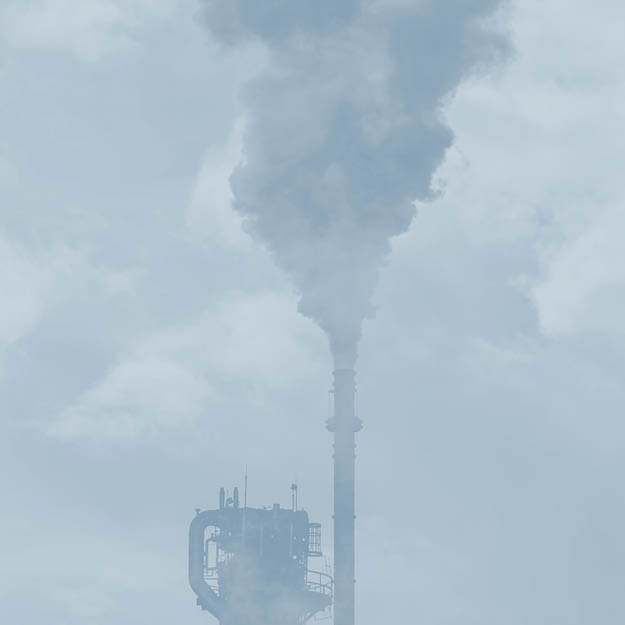La politique industrielle de l’UE en devenir
Passer du statut d’exercices ponctuels à celui d’instruments clés : comment rendre les PIIEC viables à long terme

Ce Policy paper analyse les projets importants d’intérêt européen commun (PIIEC) et leur rôle croissant dans l’élaboration d’une politique industrielle européenne plus active. Il commence par une analyse des trois vagues de PIIEC, qui correspondent à des phases spécifiques du développement de cet instrument. De 2018 à 2021, la première vague a amorcé une phase d’expérimentation et d’apprentissage ; elle a été suivie d’une deuxième vague au cours de laquelle les PIIEC ont pu être renforcés grâce à la disponibilité de financements européens et à certaines améliorations de la gouvernance.
Leur popularité soutenue et l’émergence d’une troisième vague de PIIEC nous amènent à réfléchir à leur viabilité à long terme. Ce Policy paper cherche à aborder cette question en se basant sur une analyse des processus d’évolution et de mise en œuvre des PIIEC, sur des entretiens avec ses parties prenantes et sur la littérature disponible. Il formule des recommandations sur la manière de transformer les PIIEC afin qu’ils ne soient plus des exercices ponctuels répétés et nationaux mais un outil plus efficace et plus durable de la politique industrielle européenne.
Tout d’abord, ce Policy paper suggère que l’UE et les États membres doivent se mettre d’accord sur un financement plus prévisible des PIIEC. Idéalement, un nouveau financement européen se substituerait au plan de relance européen, sur une base plus permanente, ce qui permettrait un co-financement européen pour les futurs PIIEC. En outre, les États membres souhaitant investir dans des priorités communes de politique industrielle devraient se voir accorder davantage de souplesse budgétaire. Des modifications dans l’élaboration des budgets nationaux pourraient aussi permettre d’optimiser davantage la prévisibilité du financement des PIIEC.
Il estime ensuite qu’il reste encore une importante marge de manœuvre pour améliorer les accords en vigueur relatifs à la gouvernance des PIIEC. Au niveau national, l’harmonisation et la simplification des procédures administratives devraient être encore plus renforcées. À cet égard, il pourrait être utile de créer un forum européen d’échanges afin que les États membres puissent discuter de leurs exemples de bonnes pratiques. De plus, une structure de soutien européenne, destinée aux candidats et aux participants à des PIIEC, pourrait contribuer à garantir une meilleure égalité d’accès aux PIIEC pour les entreprises, notamment celles issues d’États membres ayant des capacités techniques et administratives plus limitées. Enfin, la Commission doit augmenter ses ressources pour accélérer les longs processus de notification des PIIEC.




